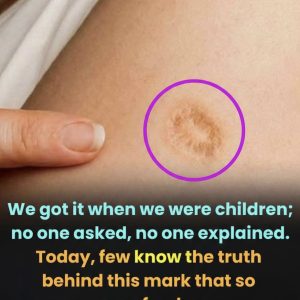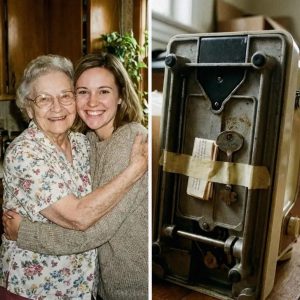When my sister, Julia, first called me to say she and her husband were adopting, I remember the excitement in her voice. She had always wanted to be a mother, but years of infertility had left her exhausted, both physically and emotionally. Adoption seemed like a blessing, a second chance at the life she’d dreamed of.
She and her husband, Brian, adopted a sweet little girl named Sophie when she was only two years old. I’ll never forget meeting her for the first time, her wide brown eyes, her shy smile, and the way she clung to Julia’s shoulder while peeking at me with curiosity.
From the very beginning, I adored Sophie. I wasn’t a mother yet myself, but I had enough maternal instinct to see how precious she was. I spoiled her with small gifts, took her on playdates with my friends’ kids, and babysat whenever Julia asked.
At first, Julia seemed like the perfect mother. She posted countless pictures on social media: Sophie’s first day of preschool, Sophie in her Halloween costume, Sophie blowing out candles on her birthday cake. She called her “my angel,” “my miracle,” and “the best thing that ever happened to me.”
But then, everything changed.
About three years after adopting Sophie, Julia got pregnant. Naturally, we were all thrilled for her. She had wanted this for so long, and now she was finally going to experience it.
But as her pregnancy progressed, I noticed subtle shifts. She stopped talking about Sophie as much. Her Facebook posts became all about the pregnancy—ultrasound photos, bump updates, baby name polls. Sophie, once the center of her world, seemed to fade into the background.
I brushed it off at first. Maybe she was just overwhelmed. Pregnancy hormones, preparations, the excitement of something new—it made sense. But then the baby, a little boy named Daniel, was born. And that’s when my stomach began to turn with dread.





